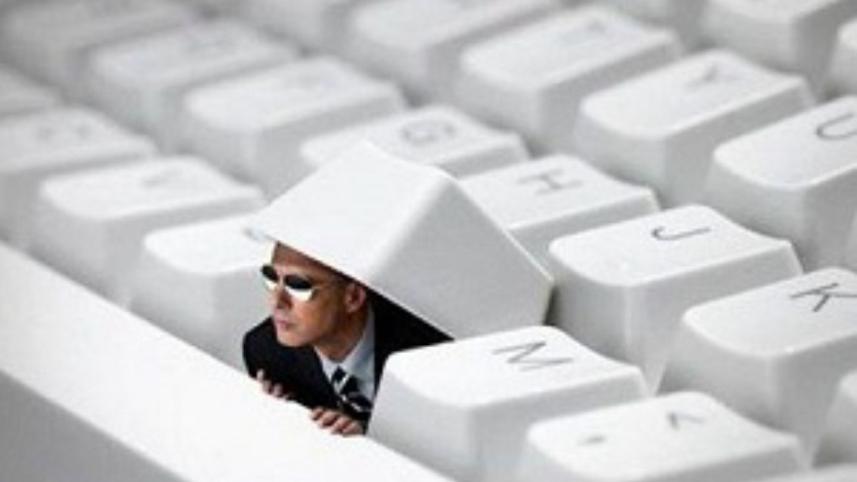Big Brother is watching

TK. 150 crore will be spent by the government to install internet monitoring equipment that it says will help combat militancy, clamp down on cyber threats and crimes. Experts fear, however, that the sweeping surveillance mechanism — handing enormous power to the government — will intrude on people's privacy, freedom of speech and other rights; as has been the case in almost every other nation across the world where similar such surveillance systems have been implemented, with or without the consent of their respective citizens.
It is true that cyberspace is playing an increasingly important role in terms of national security and has been used by all sorts of radicals to spread their destructive ideologies in the recent past. The cyber threats and crimes too, are very real. But as has been proven by now, increased surveillance — especially if it is sweeping — does not necessarily lead to better results in combating terrorism, cyber threats and crimes.
What it does, however, is change the power relation between the government and citizens greatly in favour of the former. Simultaneously, it increases chances of corruption and blackmail, encourages self-censorship and government imposed censorship of "unsuitable" material, which begs the question, what reason is there for the government to play the role of moral policing?
To successfully battle terrorism using technology, surveillance needs to be targeted, as opined by security experts worldwide. If it becomes sweeping, however, not only will it violate the constitutional rights of citizens, but also the many international conventions that Bangladesh is a signatory to.



 For all latest news, follow The Daily Star's Google News channel.
For all latest news, follow The Daily Star's Google News channel.